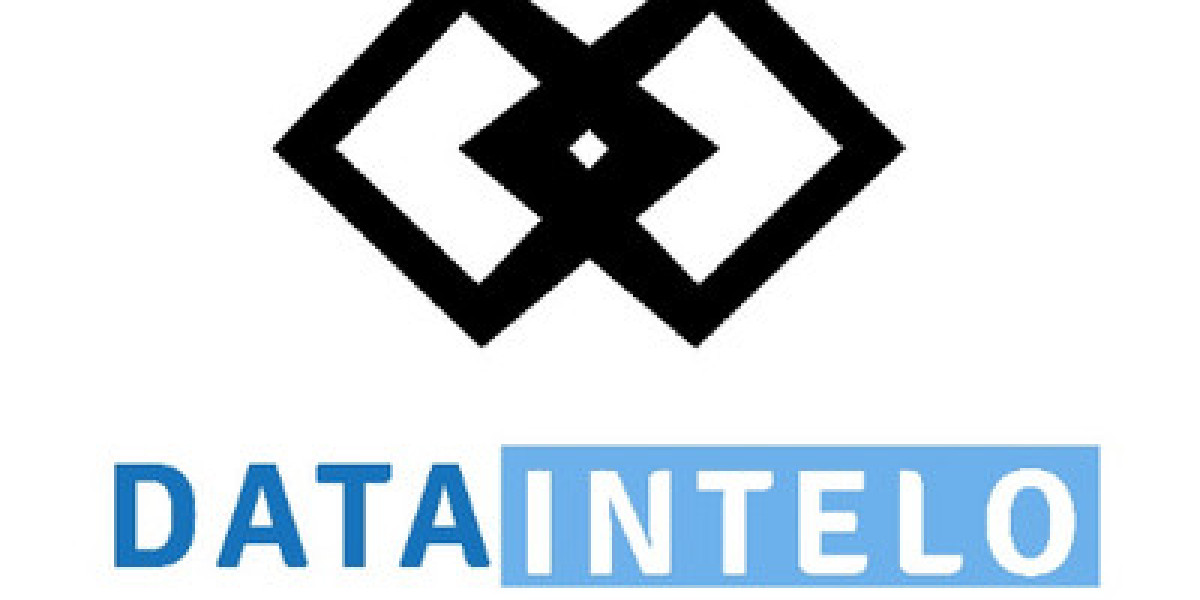Synology NAS (NAS) devices have become an integral part of modern data management, offering an advanced, highly scalable solution for both personal and business needs. Synology’s NAS systems provide robust file storage, advanced data protection, and seamless access to files from multiple devices. In this article, we explore the architecture, features, and benefits of Synology NAS, focusing on its unique advantages in managing data and optimizing workflows.
1. Understanding Synology NAS Architecture
At its core, Synology NAS is a file server designed to centralize data storage and facilitate file sharing across a network. Unlike traditional storage methods, which are often limited by individual device capacities, Synology NAS consolidates files and resources in one easily accessible location. The devices are powered by Synology’s proprietary DiskStation Manager (DSM) operating system, a Linux-based interface that provides a user-friendly environment for configuring, managing, and optimizing data storage and access.
Synology NAS supports a wide range of hardware configurations, from simple two-bay devices ideal for personal or small business use, to larger multi-bay systems designed for enterprise environments. These systems are designed to be scalable, meaning users can expand storage capacities as their needs grow, offering flexibility and longevity to their investments.
2. Data Protection and Redundancy: A Pillar of Synology NAS
A standout feature of Synology NAS systems is their focus on data redundancy and protection. Data loss can occur due to hardware failure, user error, or cyberattacks, but Synology NAS devices incorporate advanced technologies to minimize such risks. The key features include:
RAID Configurations: Synology NAS supports various RAID (Redundant Array of Independent Disks) configurations, such as RAID 1, RAID 5, and RAID 6, which mirror or distribute data across multiple drives for added protection. If one drive fails, the data remains intact, and recovery is seamless.
Snapshots and Backup: Synology NAS devices support snapshot technology, allowing users to create point-in-time copies of their data. This feature is essential for data protection, enabling users to revert to earlier versions in case of accidental deletion or corruption. Additionally, Synology offers various backup solutions, including Hyper Backup for local and cloud backups, ensuring that critical data is always recoverable.
Btrfs File System: Synology NAS uses the Btrfs file system, which enhances data integrity by providing built-in checksums and real-time error detection. Btrfs allows for automatic repair of corrupted files, ensuring that your data remains intact and reliable, even in the face of hardware issues.
3. Unmatched Flexibility and Scalability
Synology NAS is designed with scalability in mind. For businesses and individuals with growing data needs, Synology offers the ability to expand storage by adding additional drives or connecting expansion units. This scalability is a major advantage over other storage solutions, such as external hard drives or cloud services, which often have limitations in terms of capacity or cost.
Expansion Units: Synology offers expansion units like the DX517, which connects directly to the main NAS unit, enabling users to add additional bays for hard drives. This modular approach allows businesses to grow their storage infrastructure as their needs increase without overhauling their entire system.
Virtualization Support: Synology NAS devices are compatible with virtualized environments, supporting platforms like VMware, Hyper-V, and Docker. This makes them a viable option for businesses operating on virtualized servers or running containerized applications, providing storage for virtual machines and ensuring high availability.
4. Security and Data Encryption
Given the increasing concerns around data breaches and cyber threats, Synology NAS devices are equipped with a wide array of security features to safeguard sensitive information.
AES 256-bit Encryption: Synology NAS offers AES 256-bit encryption for both data at rest and in transit. This high-level encryption ensures that even if unauthorized access occurs, the data remains unreadable and secure.
Two-Factor Authentication: Synology incorporates two-factor authentication (2FA) to prevent unauthorized access to the system. This added layer of security requires users to authenticate themselves using both their password and a second factor, such as a mobile device or hardware token.
Security Advisor: Synology NAS features the Security Advisor tool, which scans the system for vulnerabilities and misconfigurations. It recommends security adjustments to help protect the NAS from cyber threats, ensuring that the system remains resilient against attacks.
5. Remote Access and Cloud Integration
One of the key advantages of Synology NAS is its support for remote access and integration with cloud storage services. These features allow users to access their files and manage their NAS from anywhere, which is particularly valuable in today’s remote work environment.
QuickConnect: Synology’s QuickConnect service allows users to securely access their NAS devices over the internet without needing to configure complex networking settings such as port forwarding or VPNs. This is ideal for users who need to access files while traveling or work remotely.
Cloud Integration: Synology NAS can synchronize data with leading cloud services such as Google Drive, Dropbox, and Microsoft OneDrive, offering a hybrid cloud solution that combines local storage with cloud backup for enhanced accessibility and redundancy.
Mobile Apps: Synology offers mobile applications for iOS and Android devices, allowing users to manage their NAS, access files, and perform tasks like backups and file synchronization directly from their smartphones or tablets.
6. Performance and Efficiency
Synology NAS devices are engineered for optimal performance, utilizing advanced hardware components, efficient cooling mechanisms, and software optimizations. Whether used for personal storage or enterprise-level data management, these systems deliver outstanding performance for a wide range of tasks, including file sharing, data synchronization, and media streaming.
Caching and SSD Support: Synology NAS supports SSD caching, which enhances system performance by using solid-state drives to cache frequently accessed data. This significantly speeds up access times for large files and applications, particularly in business environments where high-performance is essential.
Energy Efficiency: Synology NAS units are designed to be energy efficient, helping to reduce operational costs. With features like automatic disk hibernation and power-saving modes, users can minimize power consumption without sacrificing performance.
7. Applications and Use Cases
Synology NAS is not just a file storage solution—it is a fully functional platform for a variety of applications that enhance business operations and personal productivity.
Multimedia Management: For users looking to manage multimedia content, Synology NAS integrates with Plex and Video Station, providing a robust platform for organizing and streaming video, music, and other media across devices.
Surveillance System: The Surveillance Station feature enables users to connect IP cameras to their NAS and manage security footage directly from the device. With options for remote viewing and advanced video analytics, this feature is particularly useful for businesses that need to monitor premises or for home security setups.
Collaboration Tools: Synology offers Synology Office, a suite of office productivity tools that allow teams to collaborate on documents, spreadsheets, and presentations in real time. This makes Synology NAS an ideal choice for businesses looking to streamline workflow and enhance team collaboration.
8. Conclusion
Synology NAS stands as a powerful, flexible, and secure storage solution that meets the diverse needs of both personal and professional users. With its advanced features such as RAID configurations, snapshot technology, cloud integration, and security tools, Synology NAS provides comprehensive data management and protection. Whether for small businesses, enterprises, or personal use, Synology NAS offers a scalable platform that can evolve with the growing demands of its users, ensuring data availability, security, and performance for years to come.








